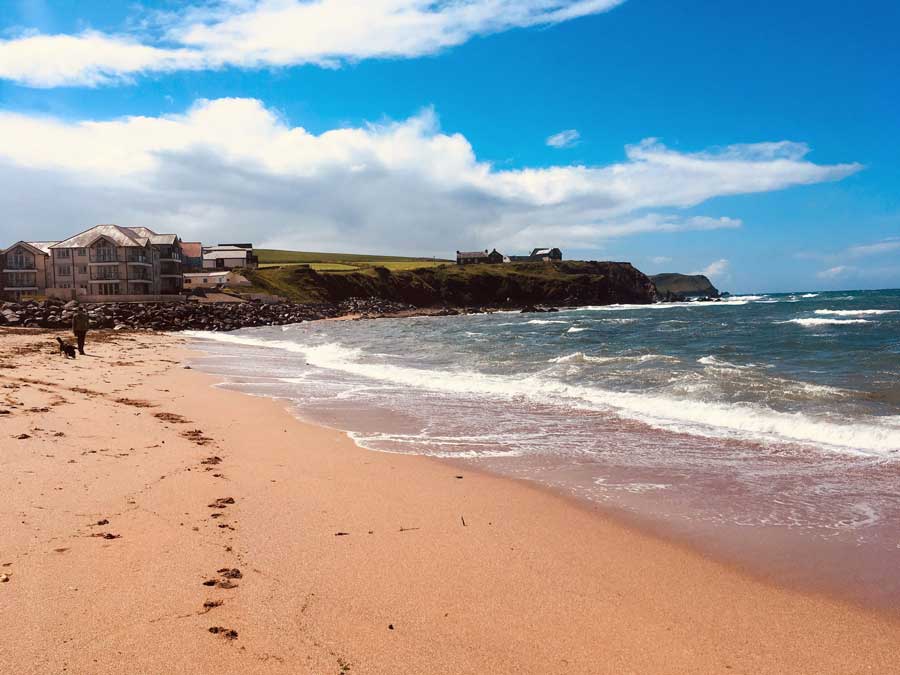
Wildlife success stories praised
Holidaymakers travelling to the West Country over the summer holidays may be able to see two environmental success stories.
Firstly, seabirds on the brink of extinction from the Lundy Island 12 miles off the North Devon coast have made a dramatic comeback 17 years later.
Secondly, a lobster that almost died out from overfishing is returning to the Cornish coast in large numbers for the first time in almost 40 years.
“These two examples both show that human intervention into the natural world can have a huge impact for good on the planet,” said Ron Fox, of Noreus Ltd on the University of Keele Science Innovation Park.
“Climate change, the loss of forests and grasslands, pollution and overfishing are the greatest threat to birds and other wildlife in human history which could lead to the loss of one-quarter to one-third of all species on earth,” he added.
“The knock-on effect will impact the balance of nature, agriculture, jobs, public health and the worldwide economy.”
The RSPB (Royal Society for the Protection of Birds) and the National Trust faced protests from animal rights groups in 2002 over plans to kill all the rats of Lundy to save the bird population.
Campaigners said the rats were an important part of the three-mile long island’s biodiversity having lived there for at least 400 years, possibly escaping from a shipwreck.
The charities said the animals were the biggest threat to burrow nesting birds such as the puffins with research showing their numbers on the island had plummeted from 3,500 pairs in 1939 to only 13 in the early part of the 21st century. Today there are believed to be 375 pairs.
There were also fewer than 300 pairs of Manx shearwater in 2001, but this had now grown to 5,504.
The cull worked as the number of birds in total on Lundy has also tripled to more than 21,000 in under 20 years.
Meanwhile, the crawfish, or the spiny lobster, which was almost killed off by overfishing in the 1970s and 1980s, is making a comeback in Cornwall.
Extensive colonies of baby crawfish have appeared this summer on shipwrecks and reefs all around the coast.
Now the Cornish Wildlife Trust has launched a campaign to ensure the crawfish, which can grow to a weight of more than 4.4lbs, are better protected to ensure the species has a sustainable future.
They are calling on divers and fishing crews not to catch them through their project #HandsOffOurCrawfish.
“It just shows what can be achieved to protect and improve our coast and countryside by local communities working together to create safer breeding environment.” said Ron.
“This in turn helps our planet and reduces global warming which impacts on wildlife as a rise in sea levels and changes in vegetation and weather patterns affect the migration, reproduction, breeding, nesting and hatching of birds.”
For more information on environmental issues contact Ron on 01782 756995.




